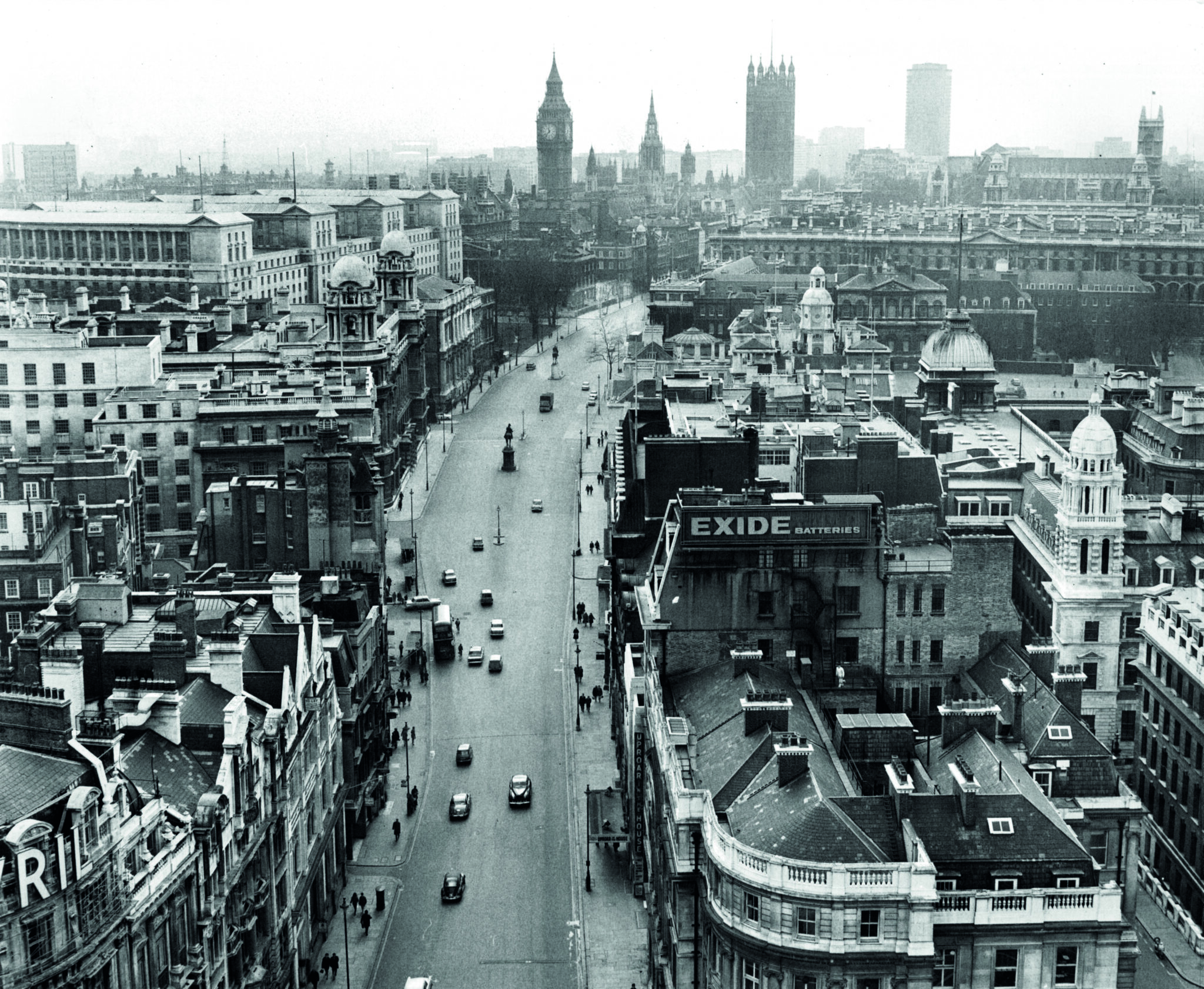<em>Covert convert.</em>
A Faithful Spy
Jimmy Burns
Chiselbury, £22, 390 pages
Anyone who thinks that fake news is a modern invention needs to read this book. From early on in its coverage of the Secret Service career of Walter Bell, it is clear that “intelligence” – like the news that is its progeny – has ever been a commodity to be bought, sold, manipulated and buried according to the needs of governments and their agencies.
At first glance, Walter Bell, the middle-class son of a high-church Anglican clergyman, was an unlikely recruit to the Secret Service. Like the Cambridge spies Burgess, Maclean, Philby and Blunt, Bell had decidedly anti-establishment views. He even sold copies of Socialist Worker outside the LSE, where he was a student. Yet in their quest to be hospitable to all shades of personal opinion, the intelligence services of the day overlooked what they took to be youthful enthusiasm.
The enemy then was not Communism, but Nazism; nevertheless there is little doubt that Bell was seen as a potential turncoat by the KGB. Burgess persuaded the younger Bell to join him on a pilgrimage across London to various places associated with Karl Marx. In fact, this amounted to a pub crawl, which Bell terminated after only the second stop, disgusted by Burgess’s behaviour, which became “increasingly coarse and objectionable” the more he drank. Bell himself, in common with almost all his colleagues, was also a prodigious drinker – if not quite an alcoholic – and something of a depressive, too.
An acknowledged phenomenon among the spying fraternity was the “camel’s back” when the disjunction between “what you knew and what you could say” became temporarily overwhelming. Understanding this was doubtless the reason that those in authority were prepared to overlook (wrongly, as it turned out) episodes such as the occasion in Kenya when, following a dinner with Bell and his wife, Donald Maclean went to the flat of an American woman employed as a librarian at the embassy with whom he was friendly and, finding her absent, vented his disappointment by “smashing the furniture, breaking up the bathroom and throwing articles of underwear into the lavatory pan”.
According to Philby, Bell was himself something of a playboy. Though he decried the boorishness of the high-Tory public school brigade that then occupied the most senior positions within the civil service, Bell took full advantage of the introductions to high society afforded him by his sister’s marriage to a younger son of the Earl Beauchamp. Yet it is clear he was genuinely appalled by “the abject squalor and ugliness in which millions dwell… on the very threshold [of] gigantic country houses occupied by opulent foxhunters”. This sympathy kept him true to the ideal of a disinterested public service and, eventually, led him to embrace Catholicism.
It was a close-run conversion. For a start, his clergyman father – whose increasing violence in old age caused his children to have him cruelly lobotomised – had instilled in him a deep distrust of the Catholic Church. As a boy he was compelled to confess his sins weekly to his own father – a grievous overstepping of both paternal and ecclesiastical privilege that might have completely destroyed a weaker character. Later, though attracted by the writings of the French Thomist philosopher Jacques Maritain and English Catholic historian Christopher Dawson, a meeting with Hilaire Belloc (“a strange man”) and reading of his work put him off for many years.
“The fantastic nonsense to which [Belloc] subscribes… makes me despair of Catholicism,” Bell wrote. This antipathy was compounded by the fascist sympathies of many Catholics at that time, not a few of whom, like the poet Roy Campbell, had come out in open support of Franco during the civil war in Spain. Nonetheless, the flame of incipient faith was never entirely extinguished. Following his wartime posting to America, where he was responsible for liaising with J Edgar Hoover’s FBI, Bell was posted to Kenya. It was there, confronted with the selfless work of the various missionary orders, that he was at last able to transfigure the traumas of his childhood and embrace the Catholic faith.
As this biography shows, from start to finish of his long career, privy to the state’s topmost secrets, Bell was an exemplary professional. The reader is left feeling that, while there are people like this in public service – people who are guided by the Gospel – there remains hope for the future. How long this will remain possible is another matter, of course.
<em>Alexander Norman is the author of The Dalai Lama: An Extraordinary Life (Mariner Books, 2020)</em>



